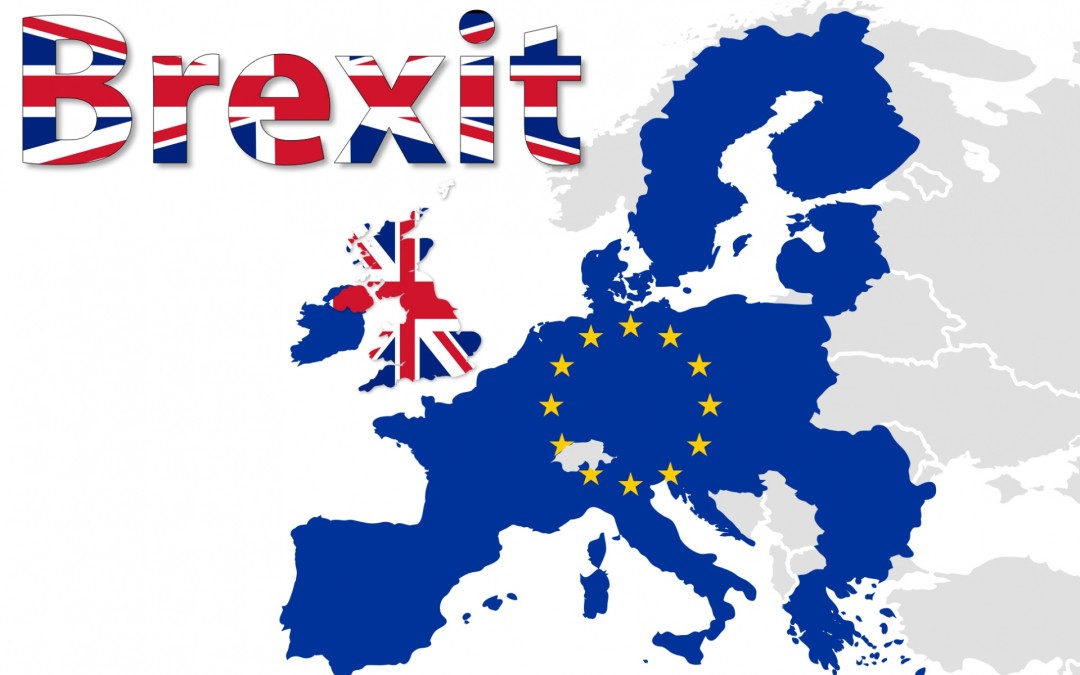Watching stocks tumble and the British pound diminish in value, at least one Lipscomb graduate is frightened of last week’s vote which set in motion the departure of Great Britain from the European Union.
“I am horrified by the decision,” said Danielle Kinnen, a 2016 Lipscomb graduate and former tennis player when reached in Scotland.
“It’s a really sad day for our generation,” Kinnen said. “It has already affected our economy, and the pound could plunge even lower.”
One day after the vote, the British pound already had dropped in value to less than three-quarters the value of the American dollar and further discord will follow the announced resignation of the prime minister.
Kinnen, born in Scotland, is concerned about the landscape of Scottish politics.
“The majority of Scotland actually voted to stay (in the EU), which will cause a second referendum for Scotland to become independent from the UK.”
The Scottish separatist movement narrowly failed in a referendum back in 2014. Pundits are suggesting that such a measure would find warm reception if it comes up again.
Many political pundits refer to this vote as an “anti-elite” or “populist” vote, resembling the motivations of U.S. voters who have been backing “outsider” presidential candidates like presumptive Republican nominee Donald Trump and Bernie Sanders, who still hasn’t conceded the Democratic nomination, even though rival Hillary Clinton has the nomination mathematically in the bag.
According to BBC News, the vote to leave the EU — which in many ways is similar to the U.S.-Canada-Mexico NAFTA partnership –“won by 52 percent to 48 percent. The referendum turnout was 71.8%,” bringing 30 million voters to the polls.
“It was the highest turnout in a UK-wide vote since the 1992 general election,” BBC added.
Britain’s loss of full authority over its economic policies and regulations were major factors in the vote, but many are concerned about the negative impact on the world economy.
When the final bell tolled Friday morning, the day after the Brexit referendum, Wall Street was still reeling and Monday morning the nosedive continued.
The Dow dropped 500 points immediately — the lowest in 30 years. Many Americans woke up Friday morning with their 401K’s taking a hit. By Sunday, the average U.S. worker’s 401K had lost more than $3,000, according to ABC News.
Large companies and major banks may also move their employees from Britain to Germany or France to avoid disruption to European business. Many Wall Street economists surmise that increased unemployment in the UK could push Britain into a recession, taking America’s economy down with it.
Pundits have also said the domino affect could cause for other countries to pull out of the EU as well. Greece has been on the fence for the past few years about whether or not to stay, and many conservative politicians in France are campaigning to exit as well.
Trump praised the Brexit vote while he was on a tour of one of his luxury Scottish golf resorts. He said that populist discontent adds a bit of momentum to his campaign against Democratic candidate Hillary Clinton.
“Come November, the American people will have the chance to re-declare their independence,” Trump told CNN. “Americans will have a chance to vote for trade, immigration and foreign policies that put our citizens first. They will have the chance to reject today’s rule by the global elite and to embrace real change that delivers a government of, by and for the people.”
British Prime Minister David Cameron, who strongly advocated the EU status quo, also announced Friday that he will be resigning from his office, effective in October.
Citizens unhappy with the results have begun signing a petition for a re-vote on the issue.
The petition was started by William Oliver Healey and states, “We the undersigned call upon (Her Majesty’s) Government to implement a rule that if the remain or leave vote is less than 60% based a turnout less than 75% there should be another referendum.”
By Friday evening the petition had 2,632,849 signatures — far more than the minimum 100,000 signatures needed for government to respond and Parliament to consider a debate.
As of Monday morning, though, no reversal was in the works and the markets continued to plunge from Tokyo to London to Wall Street and beyond.

